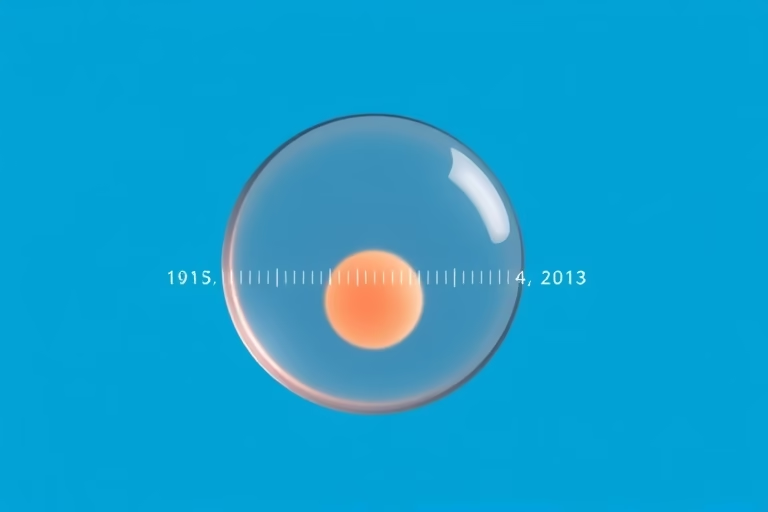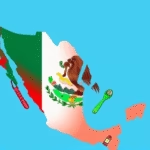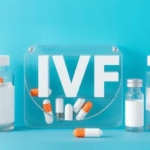We will be talking about the IVF egg retrieval timeline, an important aspect of the in vitro fertilization process. This timeline is critical for aspiring parents as it outlines the necessary steps and procedures during the egg retrieval phase. Understanding the IVF egg retrieval timeline can help couples manage their expectations and make informed decisions. The egg retrieval process, at its core, involves a careful and coordinated series of steps to ensure the best chances for embryo development and a successful pregnancy.
Egg retrieval occurs after the ovarian stimulation phase, where medications are administered to increase the number of mature eggs produced by the ovaries. During an IVF cycle, monitoring through ultrasounds and blood tests is crucial to determine the best time for egg retrieval. This phase is significant, and an understanding of the entire timeline helps in planning and preparing for each step involved.
Understanding the IVF Process
The IVF process is broken down into several key stages. Initially, it begins with ovarian stimulation, allowing the ovaries to produce multiple eggs rather than the single egg typically released during a natural cycle. After monitoring, when the eggs are deemed ready, the retrieval is scheduled. It is crucial that couples understand this process as each step is interconnected and contributes to the overall success of IVF.
The process starts with preliminary fertility assessments, followed by medication to stimulate the ovaries. Then, there are frequent check-ups to monitor the size and quality of the ovarian follicles, leading up to the retrieval procedure itself. Understanding this process allows couples to prepare physically and mentally, ensuring that they are ready for the journey ahead.
Timeline of Egg Retrieval
The IVF egg retrieval timeline spans several weeks and is an organized sequence of events that can include a few days of preparation and subsequent procedures. The timeline often begins with the first consultation with a fertility expert. Typically, patients start their cycle by initiating medication for ovarian stimulation approximately 8 to 14 days before the expected egg retrieval date.
Regular monitoring is essential during this time via ultrasounds and hormone blood tests to determine when the eggs are ready for retrieval. Based on these assessments, a trigger shot is given precisely 36 hours before the retrieval procedure. This allows the eggs to mature fully and get ready for collection. During the actual retrieval, a minimally invasive procedure is performed under sedation, where a thin needle is inserted into the ovaries to collect the eggs. The entire retrieval process takes about 20-30 minutes, and recovery time is relatively quick.
Key Factors Influencing the Egg Retrieval Timeline
Several key factors can influence the timeline of the egg retrieval process. Individual differences in response to ovarian stimulation is one of the significant variables, as each person’s body may react differently to medications. Age also plays a critical role, as younger women typically have better egg quality and quantity compared to older women who might require more time or adjustments in their medication protocols.
The fertility clinic’s protocols and the specific medications used can also impact the timeline. Additionally, any pre-existing medical conditions may alter the timeline or affect the number of eggs retrieved. Understanding these factors can help set realistic expectations and prepare for potential changes in the timeline.
Emotional Considerations During the Timeline
The emotional rollercoaster during the IVF egg retrieval timeline cannot be overlooked. The journey can trigger numerous feelings, including hope, anxiety, and stress. Couples may experience ups and downs associated with the medical assessments and the stimulatory medication. It is essential to recognize these emotional responses as being completely normal.
Support from partners, family, and friends can significantly ease the emotional burden. Counseling or support groups are also valuable resources for sharing experiences, fears, and coping strategies. Open communication between partners can further strengthen relationships during this challenging period.
Preparing for Egg Retrieval
Preparation for the egg retrieval process is vital to ensure success. Couples can take several steps to prepare physically and emotionally. First, maintaining a healthy diet and lifestyle can positively affect egg quality. Staying hydrated and reducing stress through mindfulness or light exercise may also enhance readiness.
Discussing the medication protocol with the physician and ensuring clear understanding can help ease anxieties. Having a support system in place for the day of retrieval is also important, as patients need a partner or family member to drive them home post-procedure, considering the sedation involved.
Post-Egg Retrieval Care
After the egg retrieval, proper care is required. Patients might experience cramping or mild discomfort, which is generally manageable with over-the-counter pain relief. Following the clinic’s aftercare instructions is fundamental. Patients should avoid heavy lifting and rigorous activities for a few days post-retrieval to support recovery.
Monitoring for signs of complications, although rare, is essential. If excessive pain or unusual symptoms occur, it’s crucial to contact the healthcare provider immediately. Follow-up appointments will usually be scheduled to discuss fertilization results and next steps.
Final Thoughts
The IVF egg retrieval timeline is a structured process that requires careful attention to detail. By understanding the timeline, couples can better prepare for the emotional, physical, and logistical aspects of the IVF journey. Each stage, from ovarian stimulation through egg retrieval, plays a key role in the likelihood of successful fertilization and overall reproductive health.
Education and preparation can significantly enhance the IVF experience. Support systems are essential, encompassing emotional and practical support for both partners. Ultimately, the IVF journey is highly individual, requiring adaptability and resilience, but understanding the egg retrieval timeline can provide a sense of control in a complex process.
Frequently Asked Questions
1. What is the typical duration for an IVF egg retrieval cycle?
The entire IVF process can take approximately four to six weeks, with the egg retrieval occurring about 10 to 14 days after starting hormonal stimulation medication.
2. How soon after egg retrieval can I expect results?
Results regarding fertilization typically are available within a few days after egg retrieval, with embryo development updates following shortly after that.
3. Is egg retrieval painful?
While some discomfort is expected, most patients experience only mild cramping. The procedure is conducted under sedation to minimize pain.
4. What happens if no eggs are retrieved?
If no eggs are retrieved, the fertility specialist may assess the situation, which could involve reviewing medication protocols or considering additional treatments.
5. Can I undergo another egg retrieval cycle if the first one is unsuccessful?
Yes, couples can undergo multiple cycles of egg retrieval depending on their fertility plan and consultation with their healthcare provider.
Further Reading
What Type of Psychotherapy Is Best for Anxiety?







